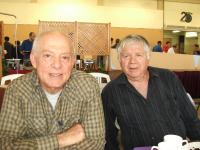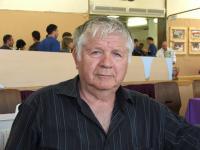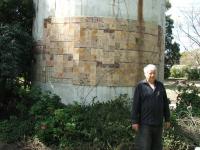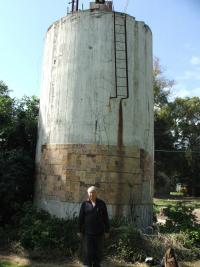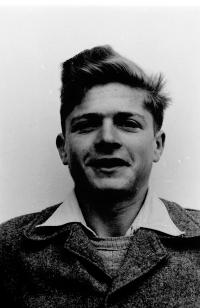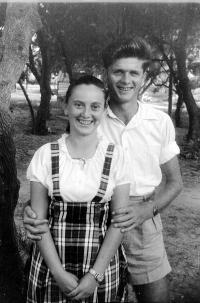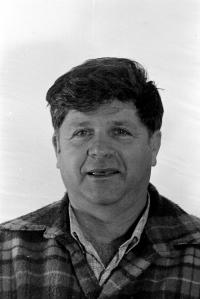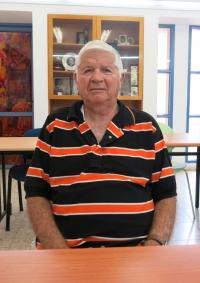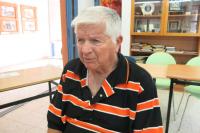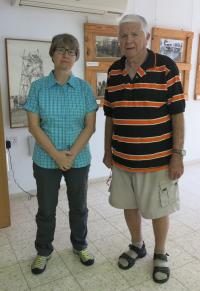The Christian children were then calling at us: Jews to the rye
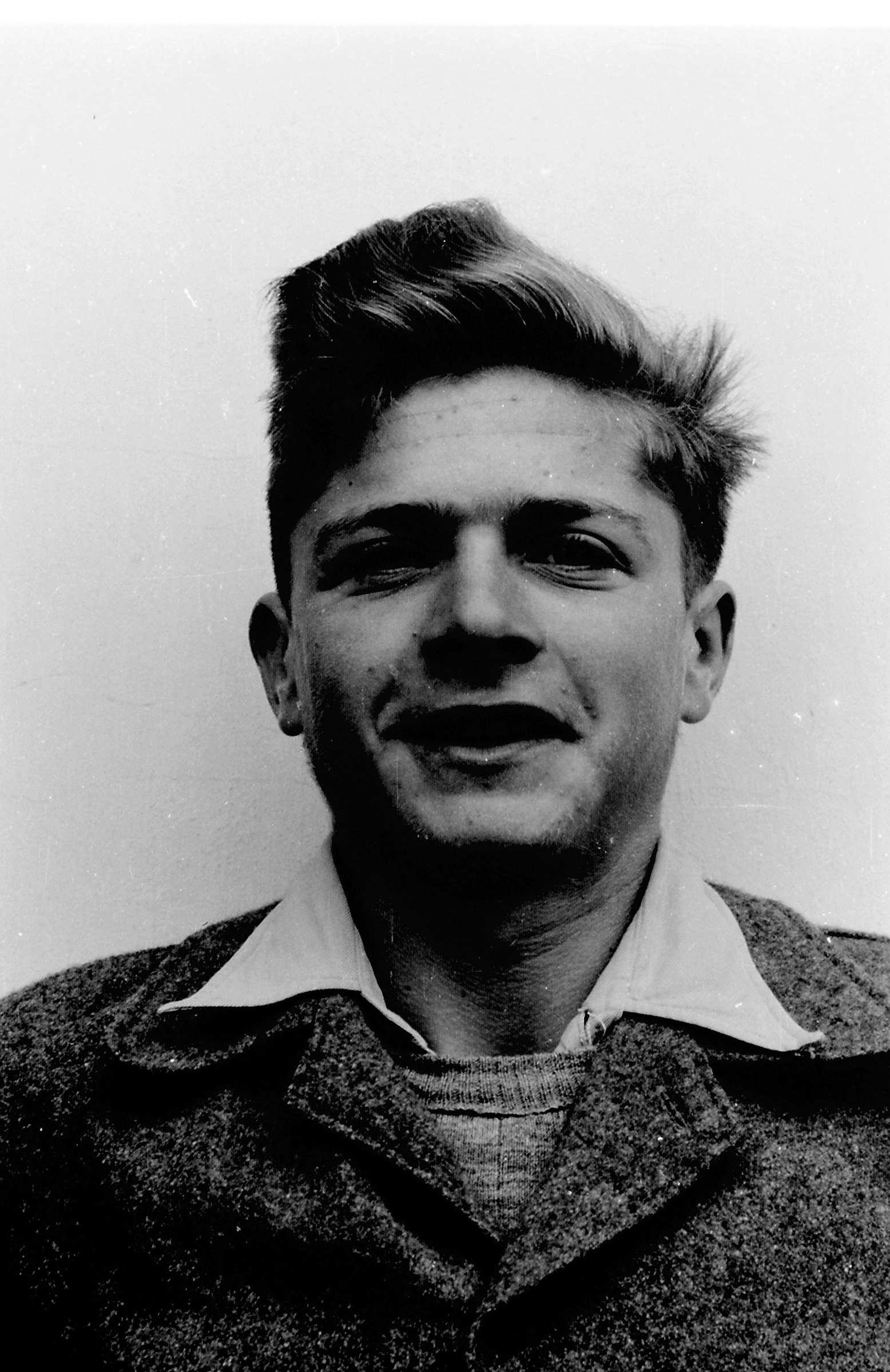
Download image
Zeev Miller was born as Alfred Müller in Michalovce, Eastern Slovakia. During the War, he was hiding at his grandfather who had been granted by the Slovak state with a presidential pardon that saved him from transports. After the Nazi takeover, the family had to hide in the foothills of Tatra Mountains. One winter, he also had to cross the mountain ridge near Chabenec to escape from danger. After the War, he joined the local Zionist youth movement and in 1948, in the age of 14, he left to Israel. In the early 50s, he settled in the Kfar Masaryk kibbutz North of Haifa, where he lives until now. In Israel, he worked in agriculture and in the kibbutz manufacture export. In 1995, he worked for an Israeli company investing in the Czech Republic.
